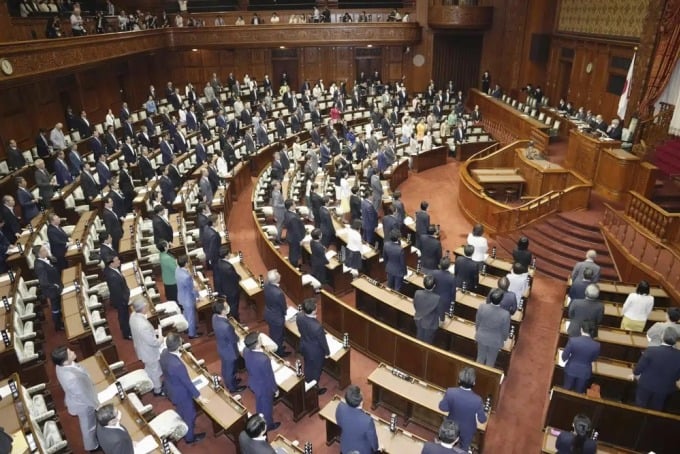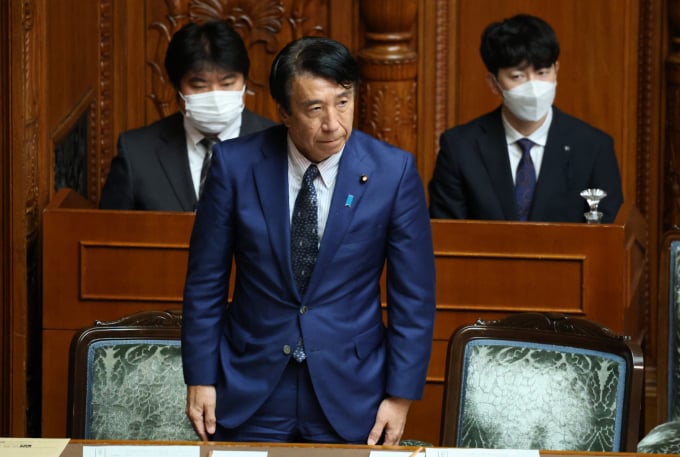Japan has passed a law amending its law to raise the minimum age of consensual sex from 13 to 16, in a bid to strengthen protections for women and children.
Japan's upper house of parliament on June 16 unanimously approved amendments to the country's sex crime law, which stipulates the minimum age of consent to 16. The move was welcomed by activists in the country, describing it as "a major step forward" in efforts to protect women and girls.
The minimum age of consent is the age at which sexual intercourse can be permitted without being considered rape. Japan's previous minimum age of consent was 13, which it had maintained since 1907.
This is the lowest threshold among the G7 countries. The threshold is 16 in the UK, Canada, most US states, 15 in France, and 14 in Germany and Italy.
The amendments to the law also clarify the elements that constitute rape in Japan. Among them are taking advantage of the influence of alcohol or drugs, threats or using social status to coerce the victim.

Japanese lawmakers during a session to pass a revised law on sexual crimes in Tokyo, June 16. Photo: AP
Japan's Justice Ministry said the revised law stipulates that individuals who threaten, entice or use money to force children under 16 to meet for sexual purposes will face a maximum prison sentence of one year or a fine of 500,000 yen ($3,500).
The law also criminalizes voyeurism, which had previously been covered only by local regulations. Secretly filming another person's private parts or engaging in indecent acts without justifiable reason is punishable by up to three years in prison or a maximum fine of three million yen.
Sohei Ikeda, 39, from Tokyo, welcomed the reform, but felt "Japan is acting rather late." Meanwhile, student Natsuki Sunaga, 22, was skeptical about the effectiveness of the revised law in ending the practice of secretly filming others.
A 2022 survey of more than 38,000 Japanese people found that nearly 9% of them said they had been secretly filmed, according to NHK . Victims said they had been secretly filmed up their skirts, in changing rooms, and in bathrooms. They also described the long-term psychological impact of such acts, such as no longer feeling safe in public.

Japanese Justice Minister Ken Saito bows after the Upper House passed amendments to the sex crimes law on June 16. Photo: AFP
Japan last revised its sex crime laws in 2017, the first time in more than a century. But campaigners say the changes were not enough. The law made headlines in 2019, when a series of sexual assault defendants were pardoned.
In the most shocking case, in Nagoya City, Aichi Prefecture, a man was found not guilty of raping a girl between the ages of 14 and 19. Prosecutors proved that the girl was helpless and raped, but the court rejected their argument.
Hundreds of people marched in protest, creating the Flower Demo movement across Japan to show support for sexual assault victims and demand legal reform. Prosecutors in the Nagoya case appealed and the man was eventually sentenced to 10 years in prison.

Protesters during the Flower Demo movement in Tokyo, Japan in June 2019. Photo: Reuters
Nhu Tam (According to AFP, Washington Post )
Source link

































































































Comment (0)